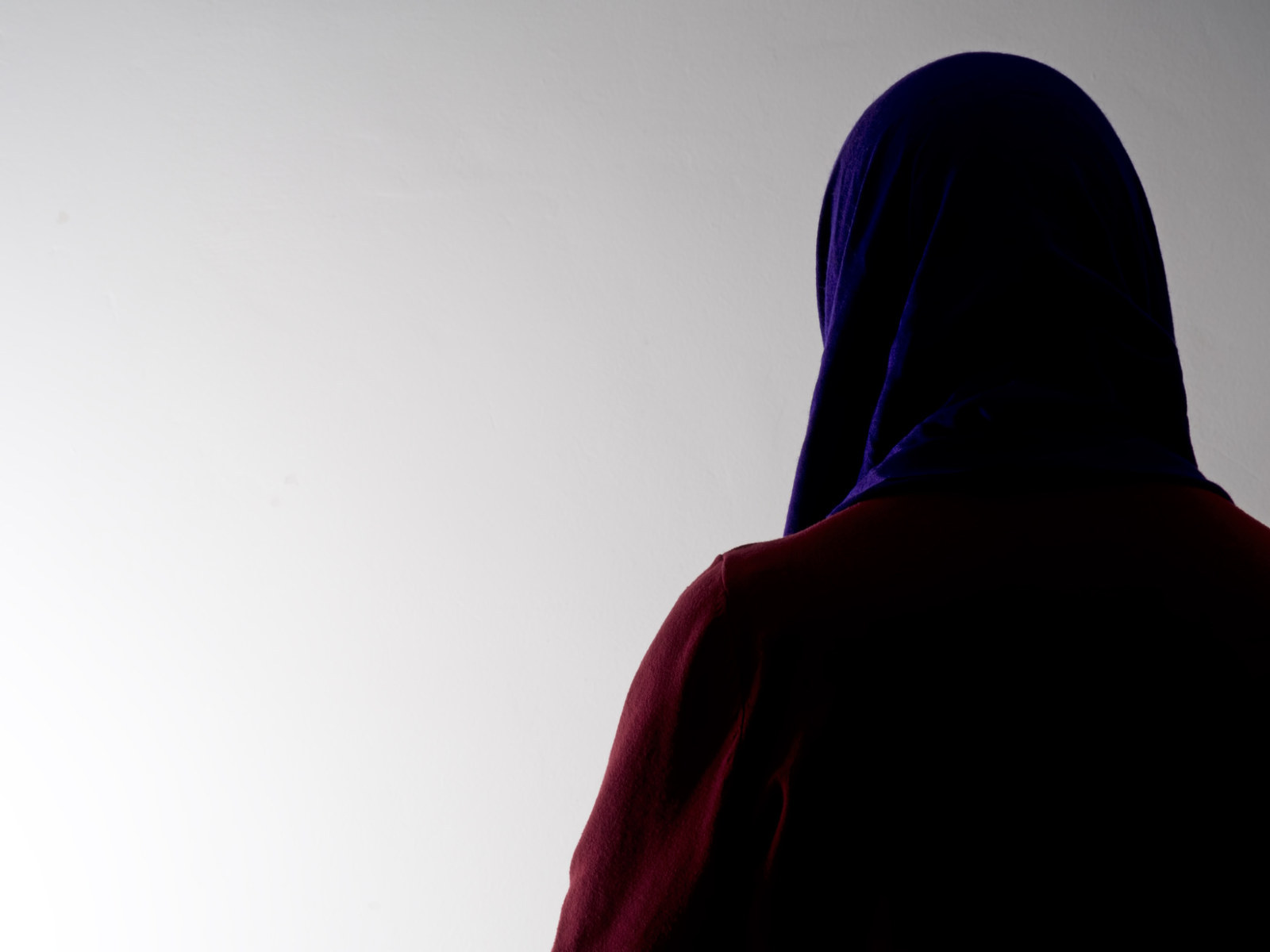Black and minority ethnic (BME) charities have been disproportionately affected by cuts in local government funding, campaigners have warned.
Small and medium charities, with an income of between £25,000 and £1 million, have seen funding fall by almost 50% since 2008, according to two recently published reports.
An IPPR North report, funded by Lloyds Banking Foundation found “charities working with black, Asian, and ethnic minority groups, which historically have found it hard to acquire funds, have been disproportionately affected by cuts.”
Umme Imam, CEO of the BME charity the Angelou Centre in Newcastle, told BuzzFeed News funding from local government had “gradually gone to nothing” and claimed “race equality has gone out of the window”.

Julie Jaye Charles, a national campaigner for BME people with disabilities, warned that more and more local BME organisations were at risk of closure – or had already shut down as a result of government cuts.
"I think that in the last five years a lot of BME organisations have disappeared because they have been living hand to mouth, fighting for funding through local authorities," she told BuzzFeed News. "A lot of them actually just collapsed and
disappeared."
The loss of funding is a double blow for many smaller charities. They face greater difficulties than larger organisations in raising money from donations due to a lack of visibility and have been hit by the greatest increases in demand as a result of local services cuts.
Roshni, a specialised organisation helping BME women and children in Nottingham, has closed. In Rotherham, Apna Haq, another organisation working specifically with BME women, faces being shut down after cuts to local funding. A last-minute council reprieve has held off closure until March. After that, the charity’s future is uncertain.
Charities with incomes of between £100,000 and £500,000 lost 44% of local government funding, a second report by the National Council for Voluntary Organisations (NCVO) found. In comparison, larger charitable organisations – with budgets of £10 million to £100 million – experienced a fall of just 2%. For charities with incomes of over £100 million, there was no fall but an increase of 22%.
The Angelou Centre, which has an annual income of £400,000, is one of the few services in Newcastle offering specialised help to BME women from BME women, working with victims of domestic or sexual violence, and helping women develop the skills needed to progress in work.
The women who come for help often “do not have English as their first language” and they “need people who they can have some confidence in trusting”, Imam said.
“My staff are often working 70-hour weeks because the demand is there and unlike any other organisation you cannot shut the door and go home at 5 o’clock if a woman has just come in and has fled violence and doesn’t have a roof over her head.”
Imam continued: “The pot is becoming smaller and smaller by the year and there is more competition because everyone who has faced cuts or seen reductions in grants is now going to the charitable sector.”
She said it was “inevitable” that BME organisations across the country were being disproportionately affected because central government policy dictated a move towards “assimilation and integration” and favoured larger and “more generic” contracts.
Imam added: “I feel as I speak to you, as things have gone, a lot of organisations are on the brink of closing.”
Her charity was forced to pull out of a recent bid for government funding because “what was being proposed did not meet the needs of the women we work with.”

The generic nature of government funding was also criticised by Charles, who heads the Equalities National Council, the only organisation of its type in the UK.
"The government hasn’t actually recognised that these communities that are out there, BME communities out there, do need the support but are just not getting it," she said.
Charles continued: "A lot of BME people are experiencing multiple disadvantages, which boils down to discrimination.
"I think the government looks at us as a homogenous society, and want to treat everybody the same. But you can’t treat everybody the same if there are different ethnic groups in this country, everyone’s needs are different."
In a closing assessment of local charities' funding the NCVO report noted: “The smaller an organisation’s income, the more it lost in proportional income from both local and central government.”
A spokesperson for the Local Government Authorities declined to return BuzzFeed News' requests for comment.
